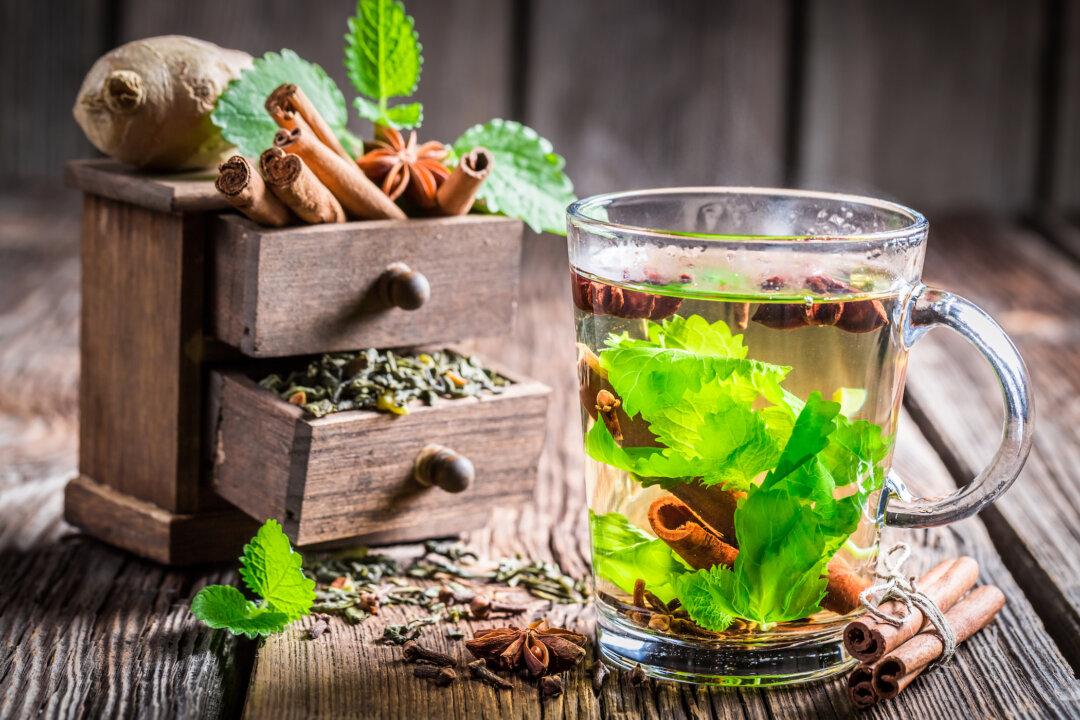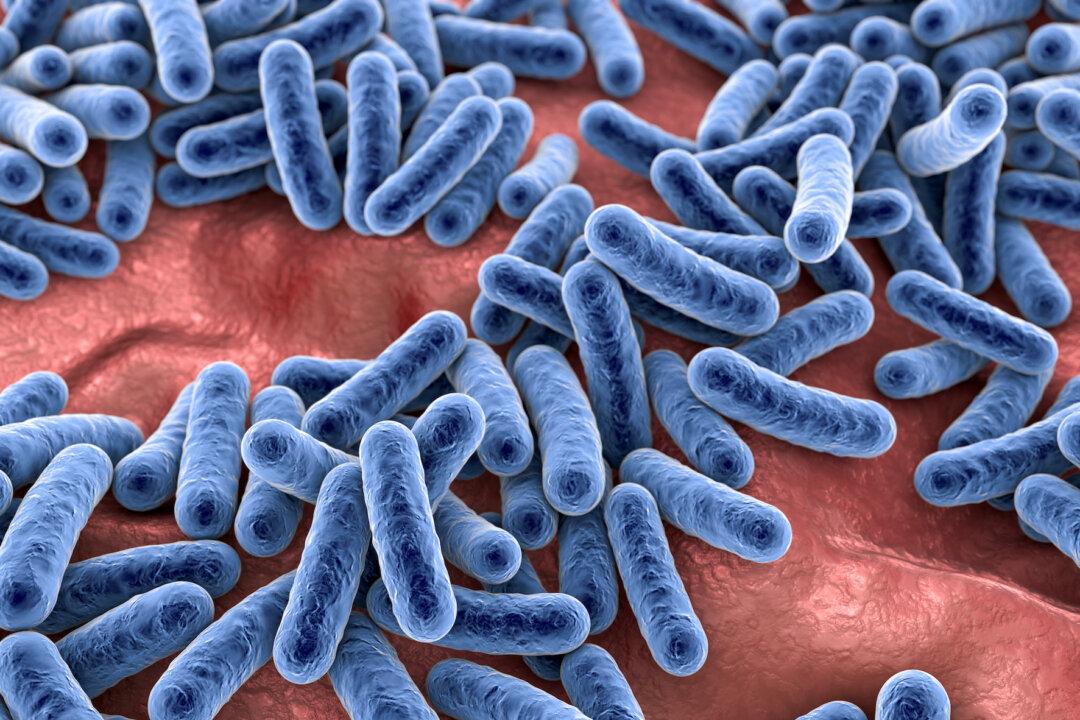Our health landscape is changing rapidly and we find ourselves in a new era. An era of degrading food supply, systemic inflammation, and overuse of drugs, including antibiotics. Living in our modern world takes its toll and we see it in our practices every day. Antibiotics are failing, superbugs are on the rise, and digestive health is compromised by food and lifestyle choices. Society is at a new crossroads. On one side, antibiotic-resistant bacteria are currently killing approximately 23,000 people every year and the number of antibiotic-resistant superbugs is climbing. On the contrary, long-standing and pervasive over-prescribing of antibiotics is at an all-time high. Additionally, we are exposed to antibiotic effects by eating many types of meat and using antibacterial soaps. Never before in history have we had to overcome the effects of man-made drugs in the quantities we are seeing today. By having a well-stocked toolbox and the ability to talk about TCM with Western medicine-friendly language, we may be able to lead a worldwide resurgence of healthy modalities to combat superbugs and promote long-term digestive health. I strongly believe we have tremendous healing opportunities in this new era.

Flaffy/Shutterstock
|Updated:




